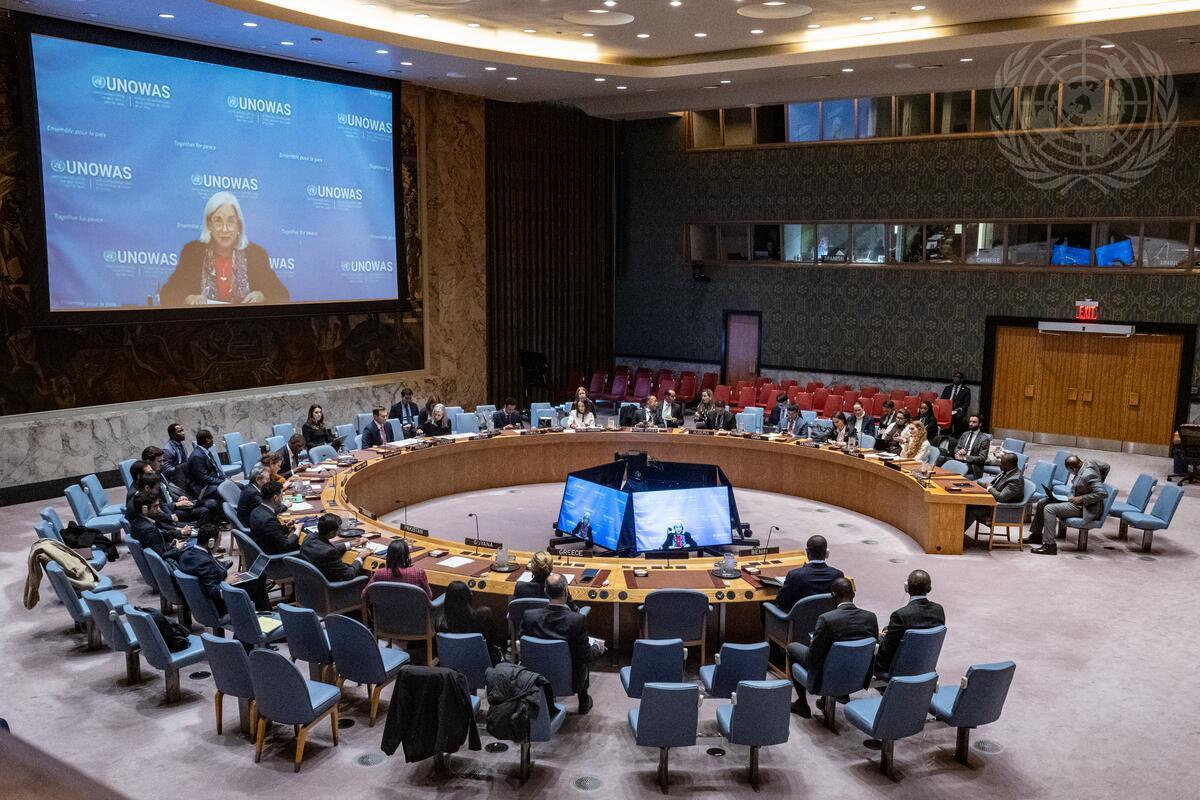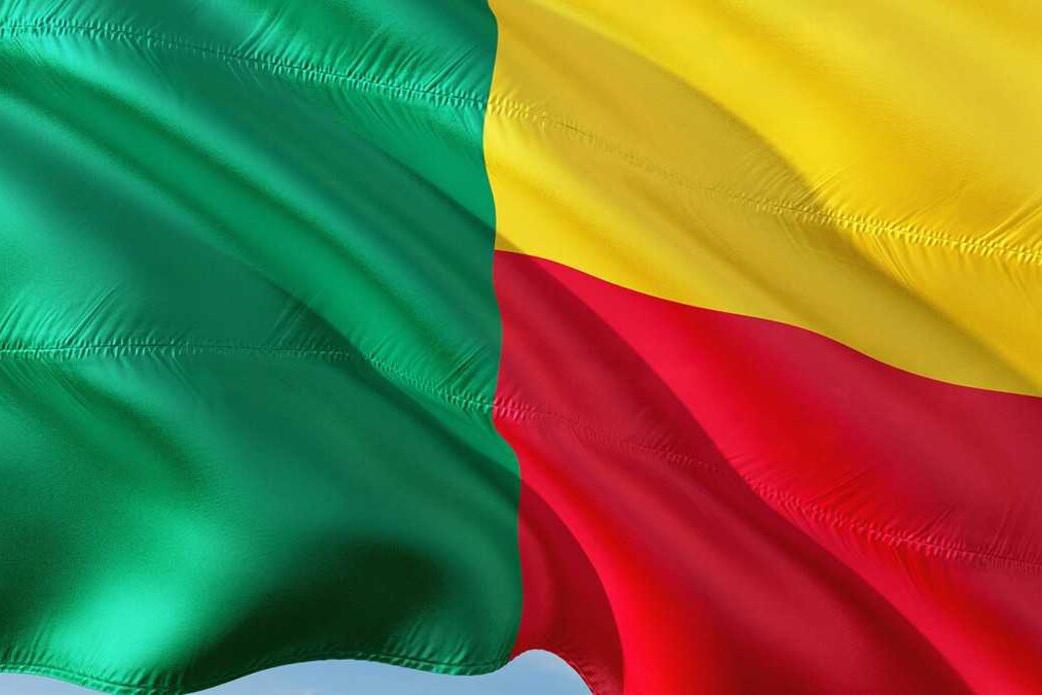Pour Mohamed Ibn Chambas, représentant du secrétaire général de l’ONU en Afrique de l’Ouest, les élections législatives du 6 avril seront un test pour la coalition au pouvoir.
L’Afrique de l’Ouest a connu une série d’élections présidentielles et législatives qui s’est déroulée pacifiquement et, surtout, dans le respect des normes démocratiques reconnues par l’Union africaine, la Communauté économique des Etats d’Afrique de l’Ouest (Cedeao) et les Nations unies. Rompant définitivement avec des pratiques antidémocratiques dominées par des alternances de coups d’Etat et de pouvoirs monopolisés sans limite de temps, la région s’est lancée sereinement dans la voie du changement politique qui s’appuie sur le principe d’élections libres garantissant le choix du peuple.
Désormais, plus qu’une tendance, c’est une réalité politique, dictée par une prise de conscience des Africains – citoyens comme leaders – que l’objectif du développement ne peut être atteint que grâce à une nouvelle culture politique dont la bonne gouvernance et le respect des droits sont les points fondamentaux. Il reste, sans aucun doute, du chemin à parcourir. Cependant, personne ne peut nier ni sous-estimer les progrès enregistrés en matière de respect des processus électoraux et d’alternance politique en Afrique de l’Ouest.
Du Nigeria à la Gambie en passant par le Bénin et le Ghana, les leaders africains et les citoyens ont fait preuve d’une grande maturité politique et ont démontré un grand sens des responsabilités, qu’il faut saluer et soutenir. Au-delà de quelques incidents mineurs entre militants des différents candidats, les dix dernières élections en Afrique de l’Ouest se sont déroulées pacifiquement et sans aucune violence.
Maturité politique
L’exemple de la Gambie est significatif. Dans un pays en proie à un pouvoir autocratique depuis plus de deux décennies, la marge de manœuvre permettant un changement politique pacifique était faible.
Qui aurait pensé que l’élection présidentielle pouvait se tenir librement ? Que la commission électorale pouvait être indépendante et se permettre d’annoncer des résultats confirmant l’éviction du pouvoir en place ? Et qui aurait pu prévoir que les Gambiens allaient pacifiquement voter et attendre les premiers résultats, puis la fin de la crise politique provoquée par le refus de Yahya Jammeh de reconnaître le candidat de la coalition de l’opposition, Adama Barrow, comme le troisième président élu de la Gambie ?
Cette maturité politique et ce sens des responsabilités représentent aussi le socle de la diplomatie préventive régionale qui a aidé au départ de Yahya Jammeh et a permis une résolution pacifique de la crise. La médiation conjointe Cedeao-UA-ONU dépêchée à Banjul au lendemain du refus de M. Jammeh de quitter le pouvoir témoigne de la volonté des pays de la région et des organisations régionales de veiller au respect du cadre légal permettant des alternances politiques pacifiques. Elle témoigne aussi de la détermination de ces organisations de s’approprier les problèmes et les solutions dans une démarche préventive. L’objectif majeur est de maintenir la paix et la stabilité de la région.
L’implication personnelle des présidents du Sénégal, du Liberia, du Nigeria, du Ghana, de la Sierra Leone, de la Mauritanie et de la Guinée durant toute la crise illustre la détermination des dirigeants africains à prévenir tout risque susceptible de produire un autre conflit et à maintenir la région dans une dynamique de changement pacifique.
Diplomatie préventive
Le départ de Yahya Jammeh et l’installation au pouvoir d’Adama Barrow sans aucune violence est un succès de la diplomatie préventive régionale. C’est aussi le fruit de l’attitude exemplaire des Gambiens. Mais ce succès de la diplomatie préventive régionale ne peut être entier et efficace que si la Gambie s’engage à poursuivre le processus de changement politique en respectant les principes démocratiques.
La décision du nouveau président, Adama Barrow, de mettre en place une équipe conjointe de transition composée notamment de membres de l’ancienne administration est un signal fort de l’attachement des nouvelles autorités au processus démocratique. Et la communauté internationale, qui s’est mobilisée durant la crise post-électorale pour affirmer la primauté du droit et de la Constitution, doit aujourd’hui apporter le soutien nécessaire à la Gambie pour consolider ce changement politique et accompagner les Gambiens dans leur aspiration au développement.
C’est pour cela que, soucieux de cette nécessité, le Bureau des Nations unies pour l’Afrique de l’Ouest et le Sahel a déployé, au lendemain du retour du président Barrow à Banjul, un expert en transition politique pour aider les administrations entrante et sortante à initier une transition sereine dont l’objectif est d’assurer un changement pacifique du pouvoir. Dans les prochains jours, l’équipe conjointe de transition devra rendre son rapport à Adama Barrow, ce qui marquera la fin de la période de transition et lancera le début d’une nouvelle ère, celle de l’alternance politique.
Mais cette dernière ne peut constituer une fin en soi, tant les défis politiques, économiques et sociaux sont multiples et nécessitent un engagement politique fort de la part des nouvelles autorités.
Relance économique
Quelque 60 % des Gambiens sont touchés par la pauvreté et un tiers de la population vit avec moins de 1,25 dollar par jour. Le déficit budgétaire du pays s’est creusé, atteignant les 7 % du PIB en 2016. Dans ce contexte, la priorité du nouveau gouvernement gambien sera sans aucun doute la mise en place de plans de relance économique et le lancement des réformes structurelles. Les élections législatives du 6 avril seront quant à elles un vrai test pour la coalition au pouvoir.
La diplomatie préventive régionale a été cruciale pour sauvegarder la volonté du peuple gambien et renforcer la paix dans une région qui en a besoin. La transition politique pacifique est fondamentale pour consolider les gains de l’alternance politique par des élections libres. Les Nations unies, en coordination avec les organisations régionales, continueront de soutenir la Gambie de cette phase importante de son histoire.
Mohamed Ibn Chambas est représentant spécial du secrétaire général des Nations unies pour l’Afrique de l’Ouest et le Sahel.





